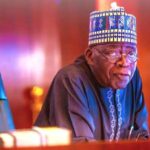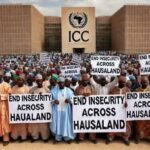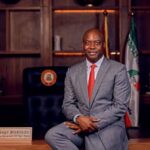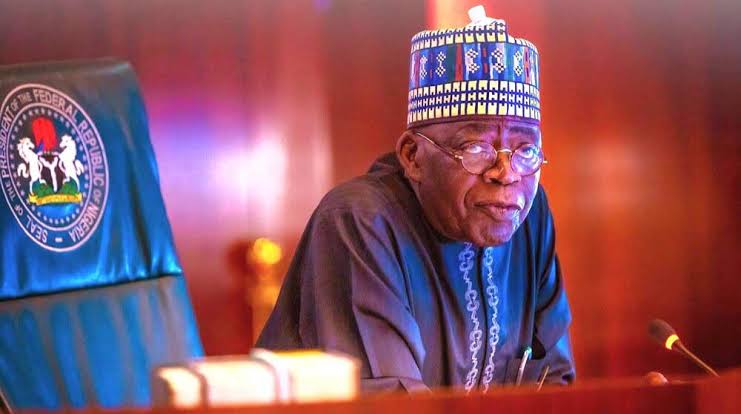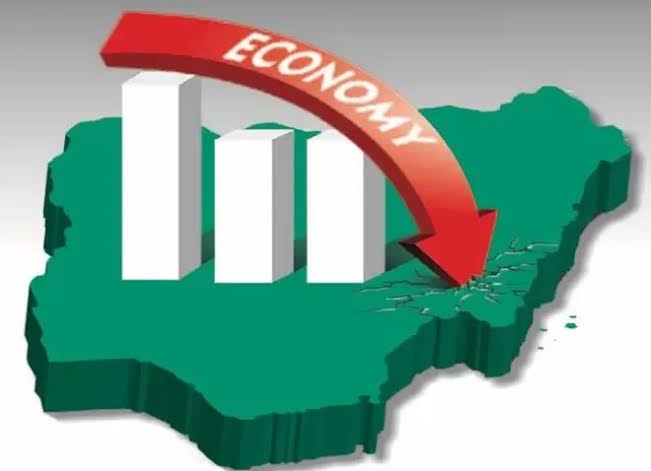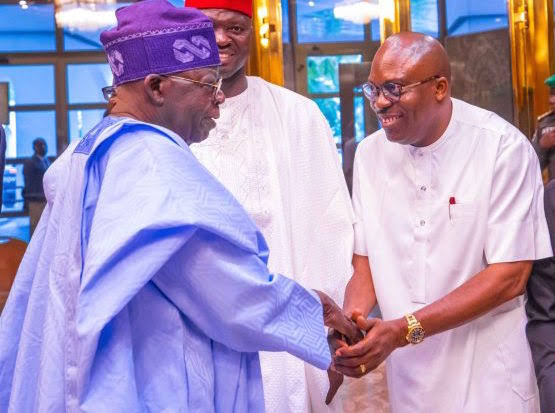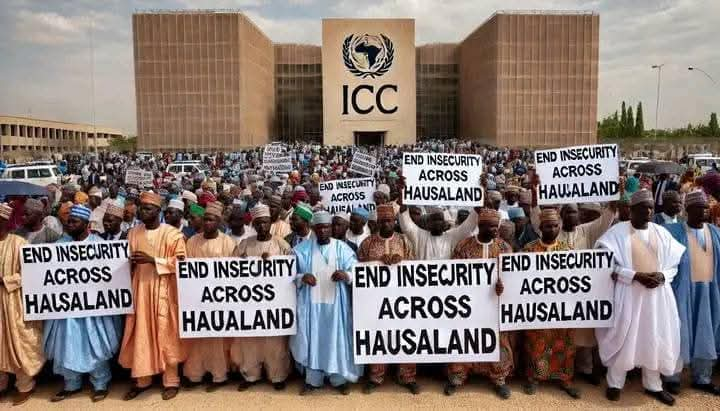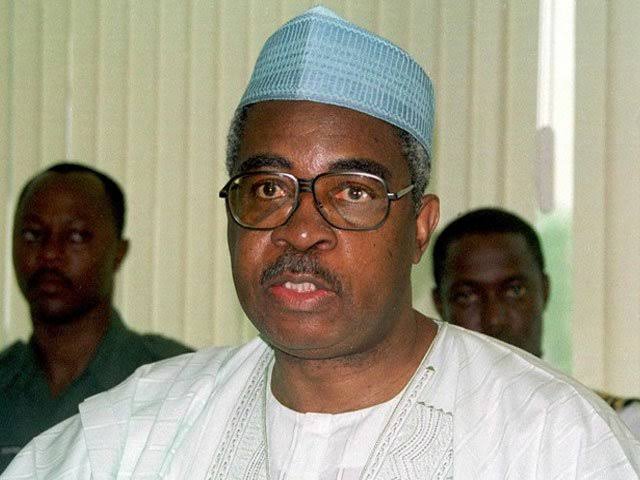The Special Adviser to the President on Policy Communication, Daniel Bwala, on Monday blamed state governors for the rising cases of killings nationwide, especially the recent incidents in Plateau, Benue and Enugu states.
He cited the governors’ poor funding of security outfits in their states despite receiving humongous security votes.
Bwala stated this when he appeared on TVC’s Beyond the Headlines show with Nifemi Oguntoye on Monday.
He said, “What we are finding, very sadly, is that there are some states where the governors give N20m to the SSS, N20m to the police, and N20m to the Army as monthly allocation for fighting insecurity. And you hear their security vote is between N1bn, N2bn and N3bn. Where are we going?”
His remarks came after recent weeks of gory episodes as gunmen killed at least 120 villagers in Plateau’s Bokkos and Bassa LGAs on April 14, displacing nearly 2,000 people and drawing condemnation from Amnesty International, which described the attacks as an “inexcusable security failure.”
Police in Benue confirmed 56 deaths in Logo and Gbagir last weekend, while four farmers were murdered in Enugu’s Adani community on 10 April.
Rights groups say more than 1,300 Plateau residents have been slain since December 2023.
Consequently, pressure has grown for legislation allowing states to run their own police outfits.
But Bwala argued that the clamour only masks weak local governance in the states.
He maintained that the bloodshed could be curbed “within the laws and resources they (governors) already control,” if the state executives quit tokenism and fund the federal agencies in their domain.
Bwala explained, “There are people who still believe, within the present framework of the security architecture of the state, that we can deal with insecurity if we understand what it takes to do that.
“What does it take to do that? In every state, for example, there are the SSS, police, military, and paramilitary. Then, every state has the right to also create a quasi-paramilitary outfit and get the support of the government to deal with legal issues.
“For example, a governor who gets more than N2bn to N3bn as security vote can decide to take only N1bn to buy equipment such as drones, vehicles and everything that is needed to do surveillance and fight insecurity.
“That governor can give adequate infrastructure to help federal agents in their states…because crime in Nigeria is so dynamic; we’re hearing that the criminal elements even use drones. How can undemocratic elements use a sophisticated system of surveillance that the state does not have?”
Bwala insisted that the present security framework—police, DSS, military detachments and locally‑created vigilantes—can work if governors deploy their funds transparently.
“Within the framework of what we have now, governors can deploy this security vote in its proper context. Take, for example, you go to every local government and create a local government vigilante. Go to the wards and replicate same. Just the same way in politics, we have the polling unit, the ward, and the local government.
“If you create that kind of system of vigilance and vanguard, some of the people might be there to provide intelligence. Some will be there to make sure that they serve at the front line in dealing with these insurgents, believe me, we will achieve substantial.
“But we have always fed this lame excuse where governors will say, ‘I don’t have the capacity to do anything because I’m not the Chief Security Officer of my state,” he argued.
The presidential aide warned that governors who struggle to pay salaries cannot sustain an entirely new police force.
“By the time you create a state police now, a governor who says he’s struggling to pay salaries, you want to create another police system for him to pay them or to work with them free of charge?
“Do you know what it means for a state to run a security outfit like a police system. It is no joke. Do we have the budget at the moment to sustain that?
“Now, I’m not suggesting that we don’t need it. But what I’m saying is we don’t have to wait for it before we can safeguard the life and the property of our people,” he opined.



